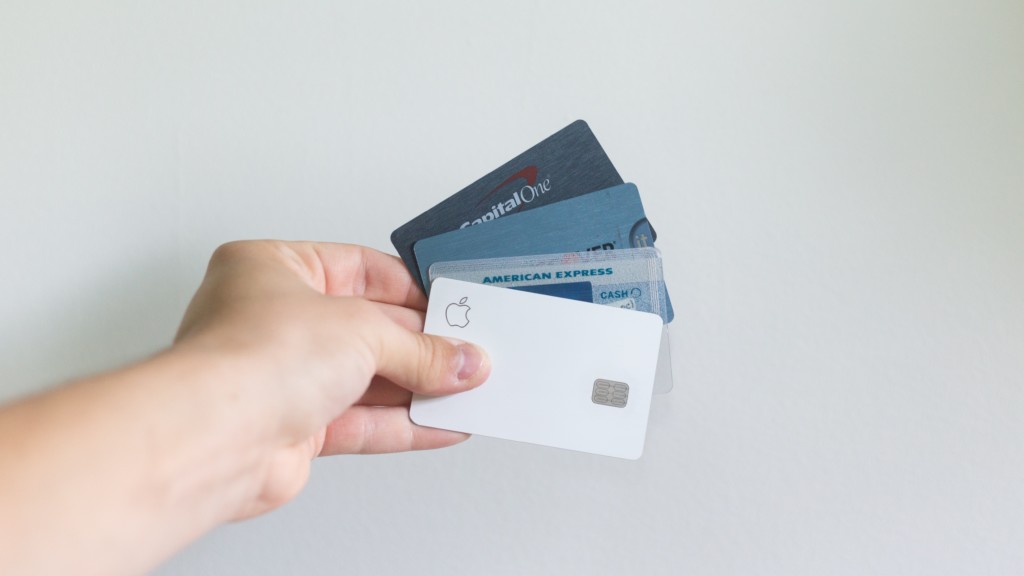Thanksgiving is shaping up to look a lot different than it did last year. Sadly, with Covid-19 raging and Mayor Lightfoot and Gov. Pritzker ordering stay-at-home advisories, traveling will be off the table for so many people, and Turkey Day will most likely consist of small gatherings or even no gatherings, for some.
Thanksgiving and other holidays, even under normal circumstances, can be very emotional for people. The recent death of a loved one, a divorce, an illness, or even a family feud can trigger anxiety, sadness, and other difficult emotions during a holiday. Add in a pandemic and Thanksgiving might feel isolating or just plain old depressing. On the flipside, given the circumstances, the day could bring extra feelings of gratitude and love—a more intense appreciation for the basics: food, a home, health, safety and each other.
But no matter how you plan to spend Thanksgiving and how you are feeling about the holiday, one thing’s for sure: Black Friday is on. The busiest shopping day of the year, which starts at midnight the day after Thanksgiving, might not be taking place in stores so much, but I assure you, online shopping will be insane. And, if you’re not careful, your emotions could cause you to overspend.
Hirsch Serman, MBA, is a North Shore based Financial Coach, who helps individuals manage their finances during life changes in order to achieve financial wellness.
Serman, a Certified Public Accountant who has been a financial coach for six years, said everyone has the potential for emotional spending at certain times in their lives, and that emotions like anxiety and sadness can trigger impulse and excessive buying.

“Spending can feel like an escape, a distraction or even a way to get self-esteem,” said Serman. “When you are vulnerable, you might be trying to fill a void by buying things to try to feel better or special. Someone might feel like they can temporarily fix their emptiness with material things.”
According to Serman, here are a few other possible reasons people engage in emotional spending:
- Compensating for the past. Maybe someone grew up in a home where spending wasn’t allowed or encouraged. Perhaps a person was in a marriage where there was financial abuse and they were financially controlled—not allowed to spend money. So now they have this new freedom to spend.
- Not knowing your financial situation. Many people have never managed their daily finances so they don’t understand the impact of the shopping. They don’t have a budget and they don’t have any idea how much income is coming in or how much there are spending.
- Competing for kids’ attention and love. In the case of divorce, many single parents find themselves feeling insecure, and therefore choose to buy their kids more material things than they normally would, for fear of losing them to the other parent. Parents also might feel guilty about the divorce so they try to compensate by buying them more things.
- Coping with Covid-19 anxiety. For the past eight months, we’ve been quarantining and feeling trapped and alone. For some, shopping helps numb these feelings. We have access to the internet 24/7, and you might feel bored and want to kill time. The internet makes it very easy to click on an ad and lose track of spending.
Serman said emotional spending can be damaging both financially and emotionally.

“You can really rack up enormous bills and not even realize it, digging yourself into a hole of debt,” he said. “Emotionally, you might think buying something is going to make you happy and then a week later, you aren’t happy and you don’t know why. This can be a vicious cycle.”
What can you do to avoid falling into the trap of emotional spending? Serman has these suggestions:
- Be mindful of your spending decisions. Ask yourself why you are buying something. Is it because you are lonely? Bored? Anxious? Step back and get a feel for why you really want to buy it. When buying something, ask yourself: “Will future me be angry with current me if I buy this?” Think about how you will feel when: you hit the pay button, receive the item, and when you see the charge on your credit card.
- Educate yourself. Work with a professional financial coach and/or planner to examine assets, income, savings and spending. It will help you come up with a budget.
- Have an accountability buddy. Find someone to check in with if you are tempted to buy something. Pick someone you trust who will be objective.
Here’s the thing about shopping on the internet. I think it can be enjoyable and relaxing to browse different stores. Online shopping is also very convenient. And, it’s wonderful to feel joy about buying material things. Giving—both to others and to ourselves is part of the holidays and part of life. Material things are meant to be enjoyed and to make us happy. But, it’s important to remember that too much buying can cause diminished appreciation for those things, as well as a negative financial impact.
As difficult as they might be, emotions like sadness, fear, anxiety and hopelessness are not productively dealt with by making multiple shoe purchases. The key is finding a way to cope with the feelings in a more beneficial way. My suggestions include: seeing a therapist via a teletherapy session, journaling your pain, finding faith, engaging in meditation, yoga and exercise, or communicating your feelings to a spouse, close friend or family member.

In closing, try to remember that life is everchanging, meaning your situation and difficult emotions will eventually change, too, and COVID will end. What won’t change are Thanksgiving Day, Black Friday, and the sense of love and family that comes with them, no matter where you are, and how large or small your gathering might be. Until then, happy clicking, but don’t click too much!
As part of our “Love Essentially” series, Jackie Pilossoph helps us navigate the complex world of relationships. Have a question that you would like her to answer? Contact her here, and it may be featured in an upcoming article!
More From Better:
- 8 Chicago Restaurants Where You Can Order Delicious Thanksgiving and Holiday Pastries To Go
- 30 of the Best Things to Do in Chicago This November
- World Kindness Day: 13 Simple Acts of Kindness to Make Someone’s Day

Jackie Pilossoph is a former television journalist and newspaper features reporter. The author of four novels and the writer of her weekly relationship column, Love Essentially, Pilossoph is also the creator of the divorce support website, Divorced Girl Smiling. Pilossoph holds a Masters degree in journalism and lives in Chicago with her two teenagers.
